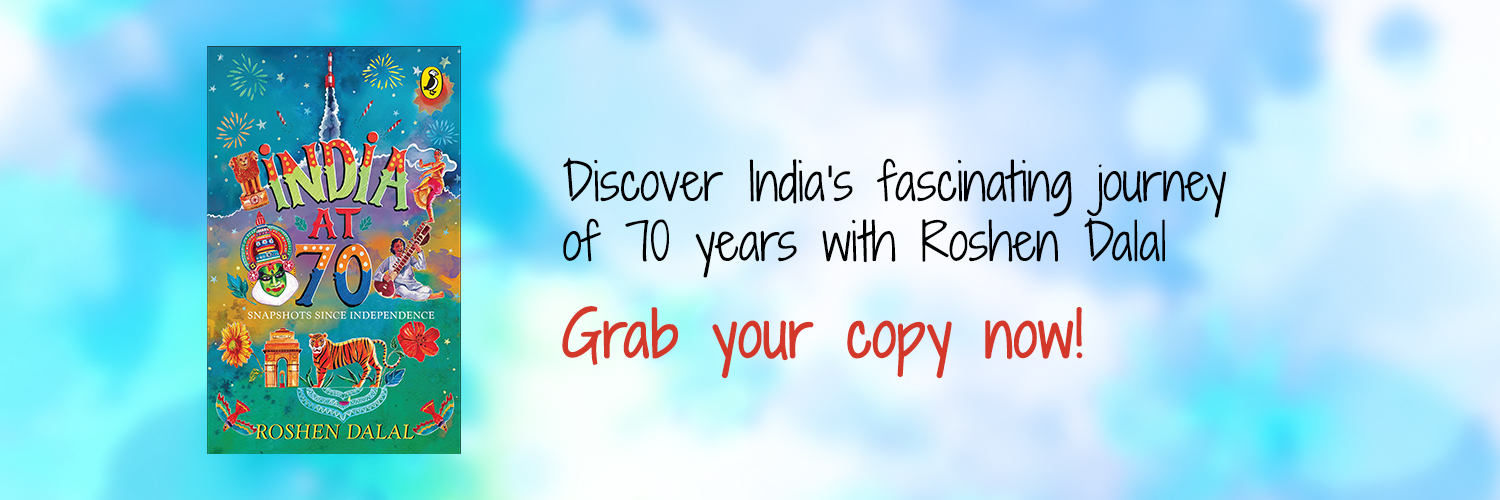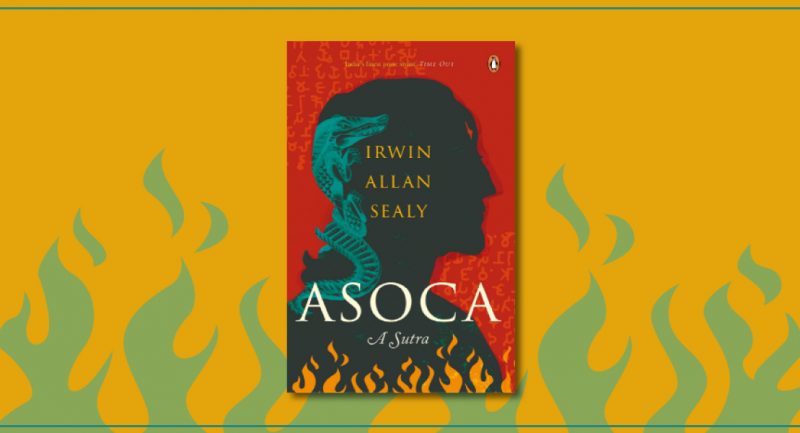By Roshen Dalal
India celebrates 70 years of independence on 15 August, and we may wonder why this date is so important. A simple answer is that on this date in 1947, India gained freedom from almost 200 years of British rule. But further questions follow. What was wrong with British rule? How was it different from that of earlier invaders and settlers? Through the narrow passes and river valleys in the high mountains, India had seen many invasions from ancient times. Darius I (522-486 BCE)of Persia (Iran) included part of north-west India in his territories. Alexander, the Macedonian conquerer, too, came to the north-west in 336 BCE, but could not stay long. The Bactrian Greeks (from 200 BCE), the Parthians (1st century CE), Kushanas (1st to 3rd centuries CE), Indo-Sasanians (3rd -4th centuries CE), and Hunas (5th century CE), and were among other invaders. All of them set up kingdoms for short periods of time, and many were absorbed into Indian society. Later there were invasions from Ghazni and Ghur in the region of present Afghanistan, which led to the rule of the sultans. The sultans defended India against the invasions of the Mongols. The Mughal dynasty was then founded by Babur in 1526, who originated in the small kingdom of Farghana in Central Asia. There were other dynasties such as the Ahoms, who invaded the north-east of today’s India. But most of these who were once invaders, ruled parts of India much like other kings of the country. They collected and spent taxes here, constructed buildings, provided justice, and encouraged the arts. British rule was different, in that they used India as a source for money and raw materials that were transmitted to their own country. Dadabhai Naoroji (1825-1917), an Indian political leader and the first Asian to become a member of Parliament in Britain, explained this as ‘the drain of wealth’, in his book Poverty and and Un-British Rule in India. He estimated that the British were taking money away from India at the rate of 30,000,000 to 40,000,000 pounds a year. Railways had been constructed, but the money earned from them belonged to Britain. In addition, railways were used to transport raw materials, which were later sent out of India. It seemed as if there were some good points, as law and order were maintained, but Naoroji said that under the British, ‘the Indian starves in peace and perishes in peace, with law and order’. Artisans lost their livelihood. There was inequality, as only the British were given high posts. India was a ‘colony’ of Britain, but neither India nor Britain were unique. Across the world, other European nations, the including France, Portugal and Germany, had their own colonies, and similarly exploited those they colonized.
It was a long struggle to gain freedom from the British. The Revolt of 1857 was the first widespread expression of protest. After the founding of the Indian National Congress in 1885, the movement became more organized, and finally, though many groups had participated, it was Mahatama Gandhi who led India to freedom through satyagraha, his policy of peaceful protest, combining non-violence and truth. There were around 565 Indian states, which the British did not directly rule, though they controlled them through their agents. Many people in these states also participated in the freedom movement.
These peaceful protests brought about gradual changes, and an involvement of Indians in the government in the British provinces.
India became free at one minute past midnight on the of 14th August, that is, the first minute of the 15th. Though many celebrated and rejoiced, some, like Mahatma Gandhi, were sad–firstly because two countries of India and Pakistan were created instead of one, and secondly because there were riots and killings between Hindus and Sikhs on one side, and Muslims on the other.
But the new country of India overcame these problems. With the adoption of the Constitution on 26 January 1950, India became fully independent. It became a democracy, a Republic with two houses of Parliament, the Lok Sabha and the Rajya Sabha, headed by the president, with real power in the hands of the prime minister, the other ministers, and Parliament.
What we must celebrate after 70 years, is that this democracy is still functioning. As I see it, this has been India’s greatest achievement. Pakistan gained independence at the same time as India, but could not provide a stable government. Many more countries gained Independence after India, both in Asia and Africa. Most of them have faced problems, in governance and otherwise.
As we celebrate India’s freedom, we must guard and protect its greatest treasure–that of being a democracy, with a Constitution that guarantees certain freedoms, and provides equal rights to people of all communities, castes and religions.









